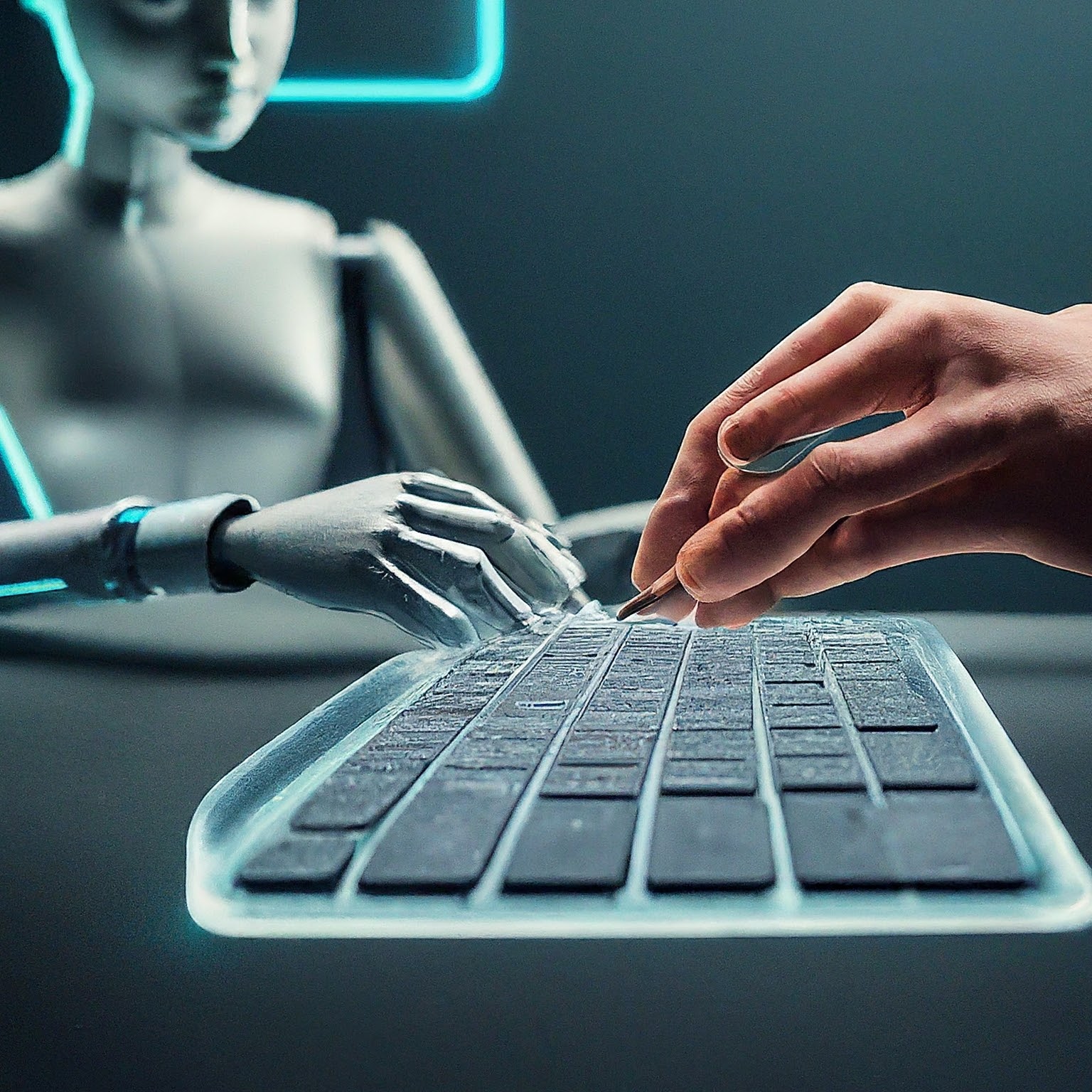AI in Content Creation: How Machines Are Changing the Way We Write
In recent years, artificial intelligence (AI) has made significant strides across various industries, and content creation is no exception. What was once the exclusive domain of human writers is now being transformed by AI-powered tools capable of generating everything from blog posts to creative writing. This evolution in content creation has opened up exciting possibilities and raised important questions about the future of writing and the role of human authors.
Table of Contents
ToggleThe Rise of AI in Content Creation
AI in content creation primarily involves using machine learning algorithms to generate text that mimics human writing. These tools, such as GPT-3 and other natural language processing (NLP) models, can produce content on various topics, often with remarkable fluency and coherence. Companies and content creators have embraced AI tools for their ability to save time and produce large volumes of content quickly.
How AI is Being Used to Generate Content
- Blog Posts and Articles: AI tools can generate blog posts and articles by analyzing a set of keywords or a brief input from the user. These tools can create drafts, suggest improvements, and even optimize content for search engines (SEO). For example, a marketer might use AI to generate multiple versions of a blog post, allowing them to select the best one or merge different ideas into a final draft.
- Creative Writing: AI is also making inroads into creative writing. Tools like AI Dungeon allow users to co-create stories with AI, generating plot twists and dialogue based on user prompts. While AI-generated creative writing is still in its infancy, it offers a glimpse into a future where machines assist in storytelling, helping writers overcome writer’s block or explore new ideas.
- Social Media Content: AI tools are increasingly used to generate social media posts, captions, and even advertisements. By analyzing trends, audience behavior, and brand voice, AI can craft messages that resonate with specific audiences, ensuring that content is both relevant and engaging.
- Email Marketing: AI is revolutionizing email marketing by generating personalized content for individual recipients. By analyzing customer data, AI can craft tailored emails that address specific needs and preferences, leading to higher engagement and conversion rates.
- Translation and Localization: AI is also being used to translate content into multiple languages, making it easier for businesses to reach global audiences. Advanced AI models can not only translate text but also localize it, ensuring that cultural nuances and regional preferences are taken into account.
Implications for Writers
While AI in content creation offers many advantages, it also raises concerns among writers and content creators. The ability of AI to generate content quickly and at scale could lead to a saturated market, making it harder for individual writers to stand out. Additionally, there are ethical concerns about the originality of AI-generated content and the potential for plagiarism.
However, AI can also be seen as a tool that enhances human creativity rather than replacing it. Writers can use AI to generate ideas, overcome writer’s block, or simply speed up the drafting process. By collaborating with AI, writers can focus on the aspects of writing that require human intuition, emotion, and creativity.
The Future of AI in Content Creation
As AI technology continues to evolve, its role in content creation will likely expand. We may see AI tools that can understand complex human emotions, create more sophisticated narratives, and even mimic the style of specific authors. However, the human touch will remain irreplaceable, particularly in areas that require deep understanding, empathy, and nuanced expression.
In conclusion, AI is undoubtedly changing the way we write, offering new tools and possibilities for content creation. While this transformation brings challenges, it also opens up opportunities for writers to innovate and collaborate with machines in ways that were previously unimaginable. As AI continues to evolve, the relationship between human creativity and machine intelligence will become increasingly intertwined, shaping the future of content creation in exciting and unpredictable ways.







Leave a Reply